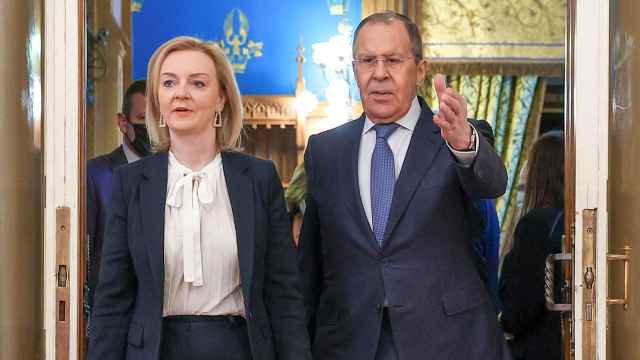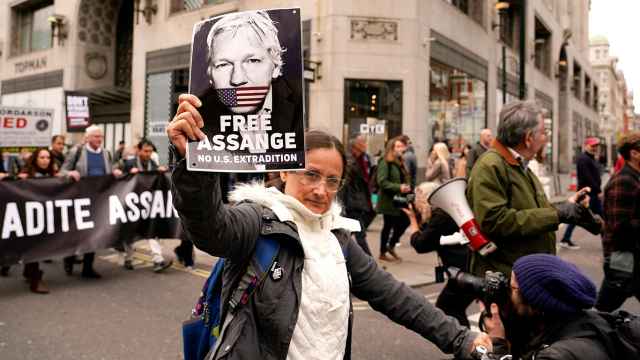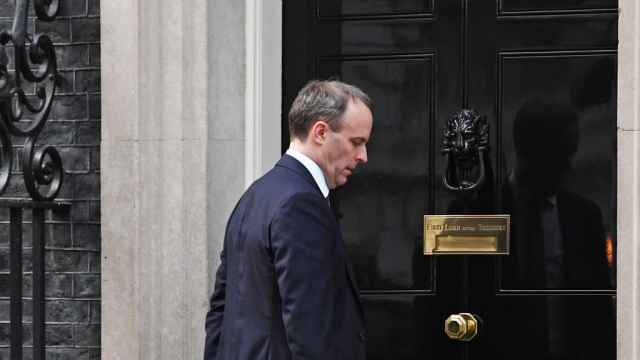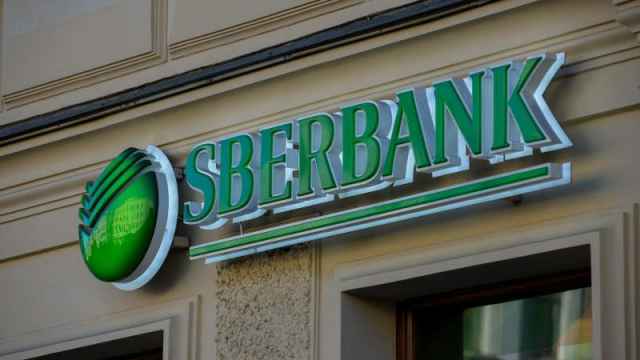British authorities plan to sell the home of former Russian spy Sergei Skripal and his daughter Yulia three years after their near-fatal poisoning with a Soviet-developed nerve agent, the BBC reported Wednesday.
Officers found a high concentration of Novichok smeared on the door handle of the Skripals’ home in Salisbury after they were discovered collapsed on a public bench in 2018. Britain accused Russian military intelligence of poisoning the Skripals, a claim that Moscow denies.
According to the BBC, the local council in southwest England’s Wiltshire county announced plans to buy the Skripals’ house and put it back on the market.
“During the coming months, we will rebuild and refurbish the property to bring it back into use as a home,” Wiltshire Council leader Philip Whitehead was quoted as saying.
Addressing residents’ concerns that it could be used as an “Airbnb or a museum,” Whitehead vowed that “the property will not be used for anything other than a home.”
“It will be good to see this house used as a home again,” BBC quoted him as saying.
The Christie Miller Road two-bedroom was one of at least 12 sites that had to be decontaminated and ruled safe following the March 4, 2018, incident.
The Amesbury apartment of Dawn Sturgess, a local resident who is believed to have been killed by discarded Novichok four months after the Skripals’ poisoning attempt, was demolished in 2020.
Sergei Skripal is a former GRU officer who in 2004 was convicted of treason in Moscow for his work as a double agent for British intelligence. Sentenced to 13 years in a Russian penal colony, he was freed during a spy swap between the United States and Russia. He relocated to Salisbury in 2010 and lived openly under his real identity.
The Skripals were reported to have fled under new identities after recovering from the poisoning.
Western scientists determined last year that a form of Novichok was also used to poison Kremlin critic Alexei Navalny, who fell into a coma on a flight last summer. Russian authorities jailed him for two and a half years after he returned from recovery in Germany this year.
A Message from The Moscow Times:
Dear readers,
We are facing unprecedented challenges. Russia's Prosecutor General's Office has designated The Moscow Times as an "undesirable" organization, criminalizing our work and putting our staff at risk of prosecution. This follows our earlier unjust labeling as a "foreign agent."
These actions are direct attempts to silence independent journalism in Russia. The authorities claim our work "discredits the decisions of the Russian leadership." We see things differently: we strive to provide accurate, unbiased reporting on Russia.
We, the journalists of The Moscow Times, refuse to be silenced. But to continue our work, we need your help.
Your support, no matter how small, makes a world of difference. If you can, please support us monthly starting from just $2. It's quick to set up, and every contribution makes a significant impact.
By supporting The Moscow Times, you're defending open, independent journalism in the face of repression. Thank you for standing with us.
Remind me later.






